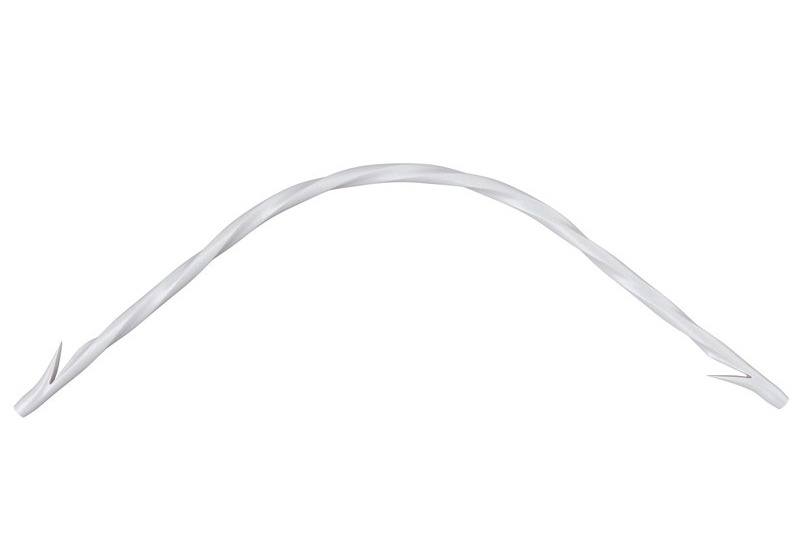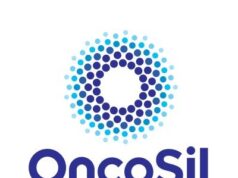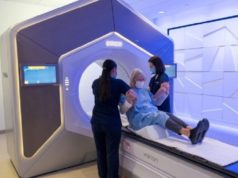
Amg International, a wholly owned subsidiary of Q3 Medical Devices, announced that it has received CE mark approval for their novel biodegradable biliary and pancreatic stent technology, allowing the company to begin selling the product in Europe and other markets.
Archimedes is the only fully biodegradable biliary and pancreatic stent approved for placement in obstructed biliary or pancreatic ducts. While biliary and pancreatic duct stents are typically made of plastic or metal, the Archimedes stent is made of a combination of dissolving materials permitting different rates of degradation depending on the clinical indication.
The Archimedes stent is designed to completely degrade via hydrolysis in approximately 12 days, 20 days or 11 weeks, depending on its composition. The stent is designed to maintain duct patency, without occlusion as it degrades, due to its patented design. It is intended as an option to avoid repeat procedures to remove traditional non-biodegradable plastic stents, avoiding adding additional cost of care and risk for patients.
“This CE mark approval is a major advancement in the treatment of obstructive biliary and pancreatic disorders and provides physicians such as myself, a truly innovative and advanced treatment option for my patients,” said Sundeep Lakhtakia of the Asian Institute of Gastroenterology in Hyderabad, India. “This is great news, as a fully biodegradable stent has the potential to reduce complication rates and procedural costs typically associated with biliary and pancreatic stenting,” Noted Paul Yeaton, chief of Gastroenterology at the Carilion Clinic in Roanoke, USA.
Biodegradable biliary stent major breakthrough
Eric K Mangiardi, CEO of Q3 said, “The Archimedes biodegradable stent represents a major breakthrough in the treatment of obstructive biliary and pancreatic disorders, and also in the field of biodegradable and bioresorbable materials and their application in medical devices moving forward.” He added, “This technology has numerous benefits for patients, doctors, and healthcare providers as it has the potential to reduce complication rates typically associated with plastic stents and removal procedures.”
In a recent safety and efficacy clinical study, including 53 patients, conducted in India and Malaysia, the Archimedes stent showed zero stent-related complications during the study period.













